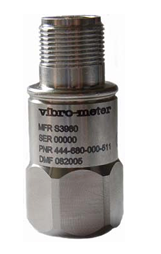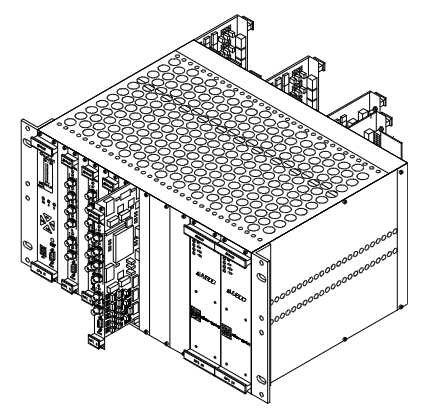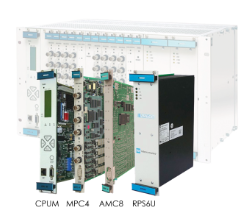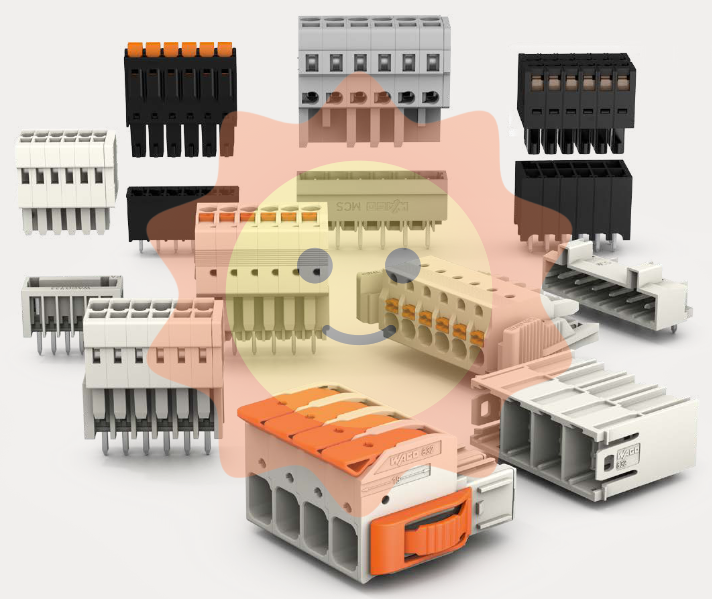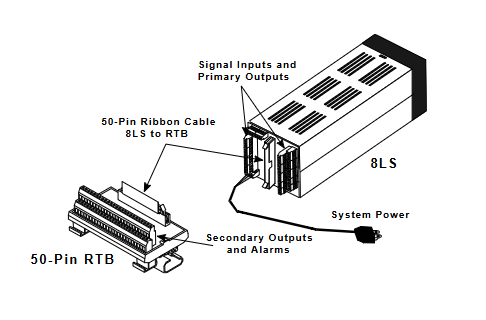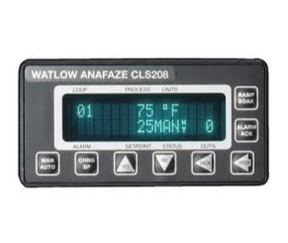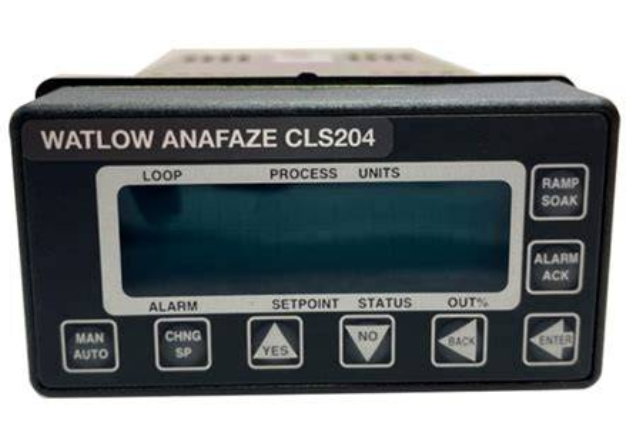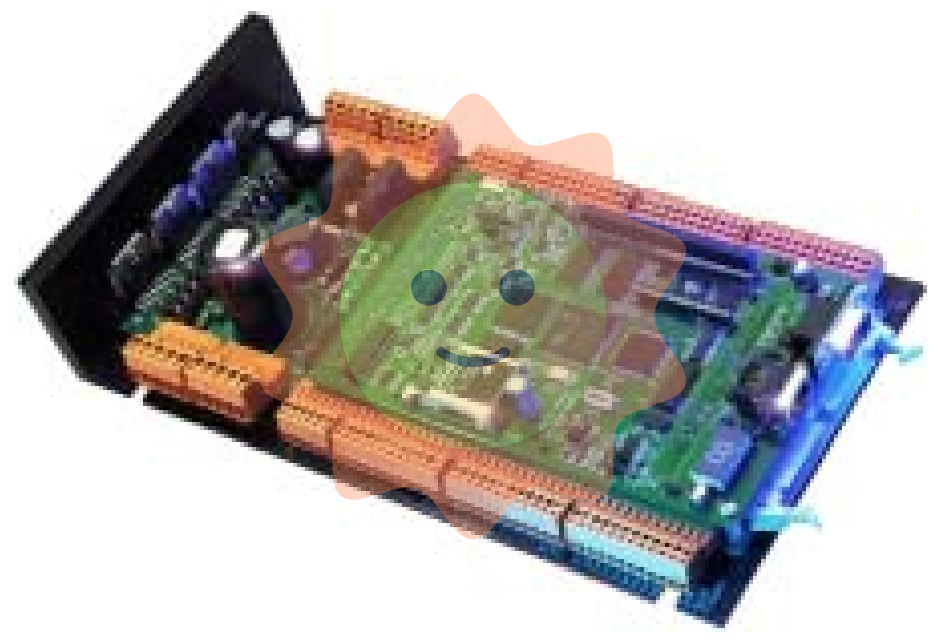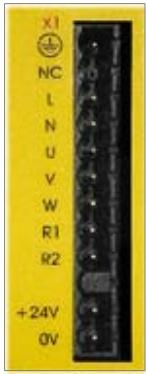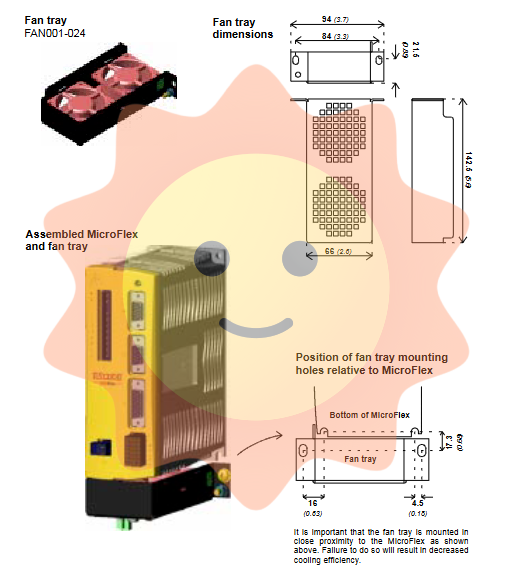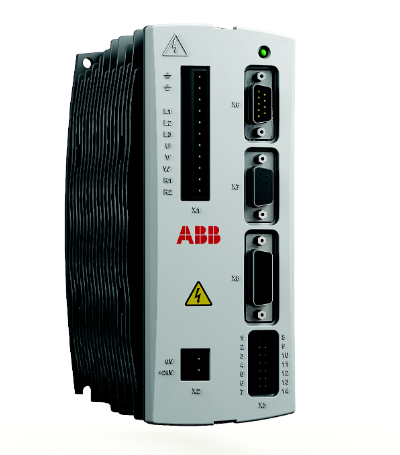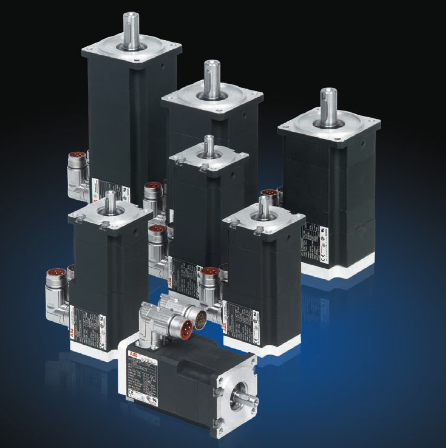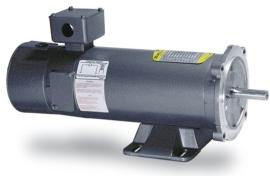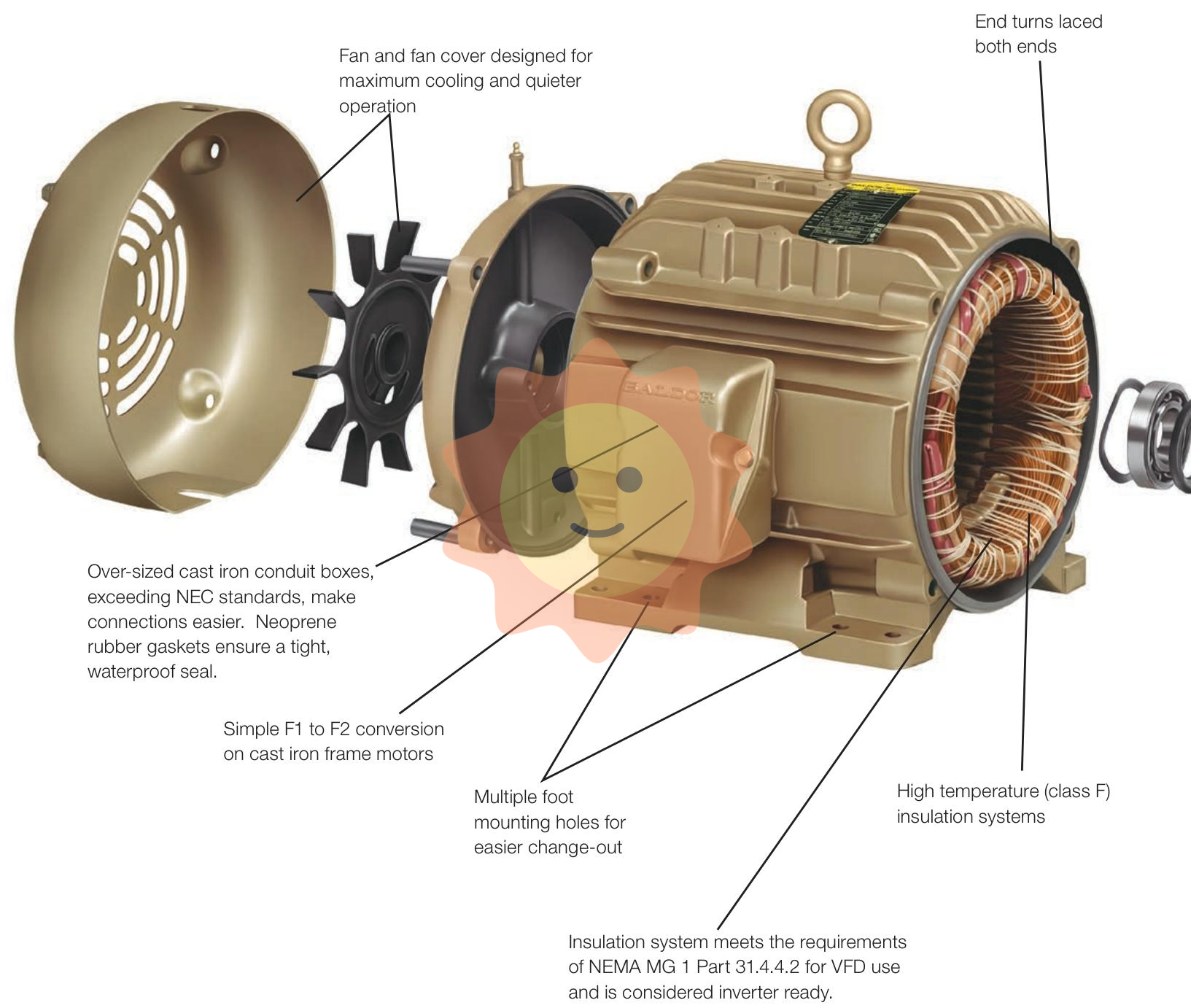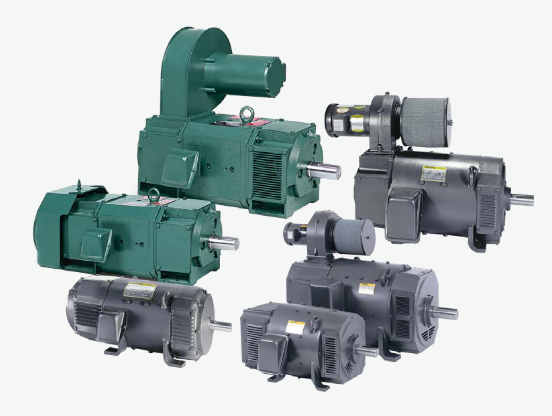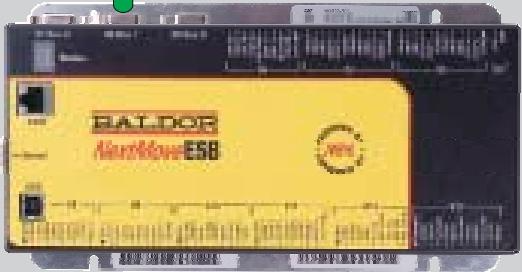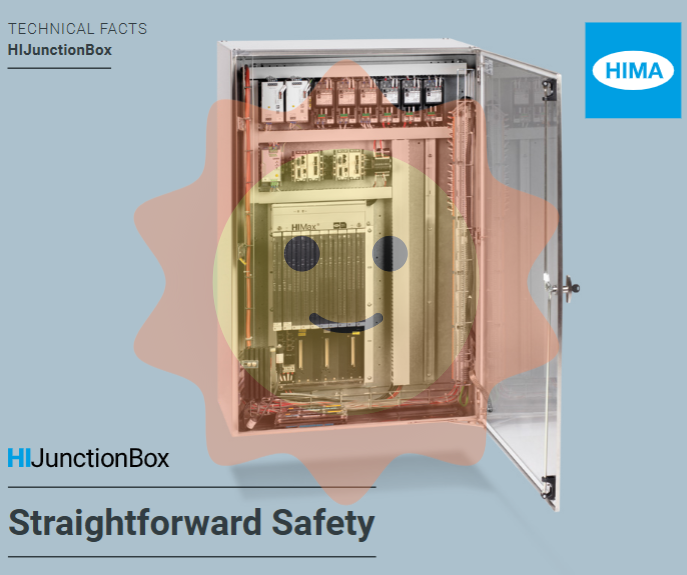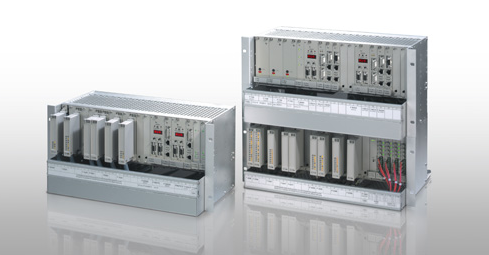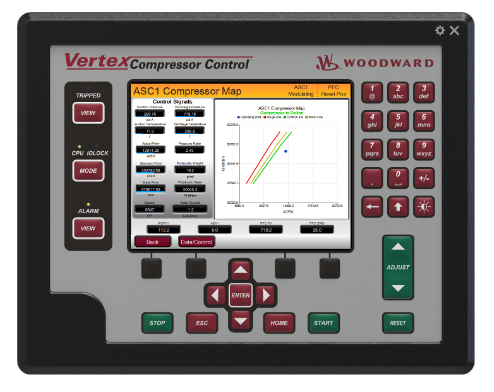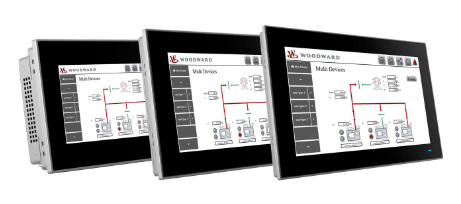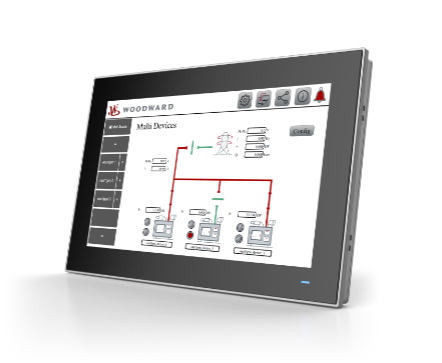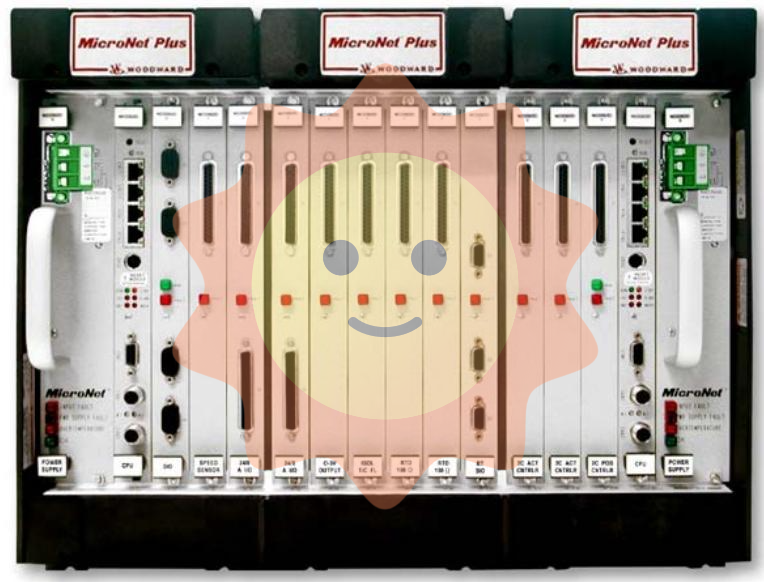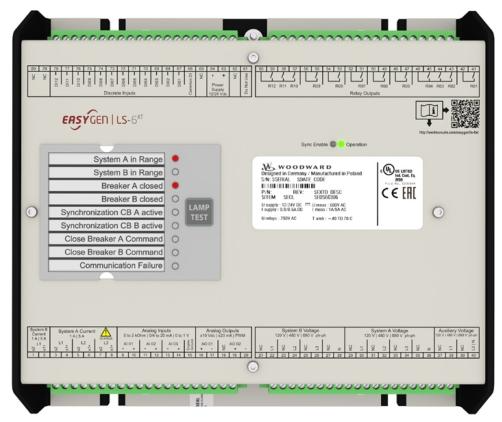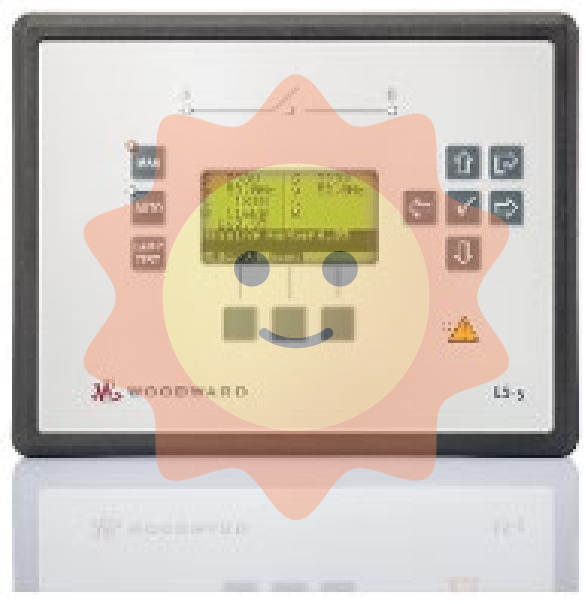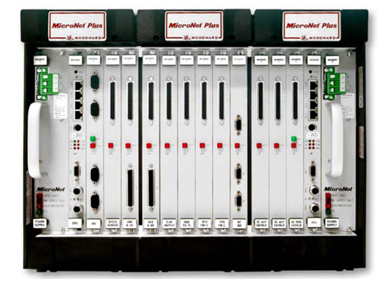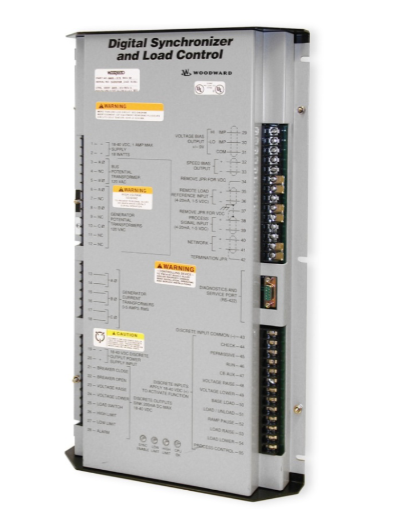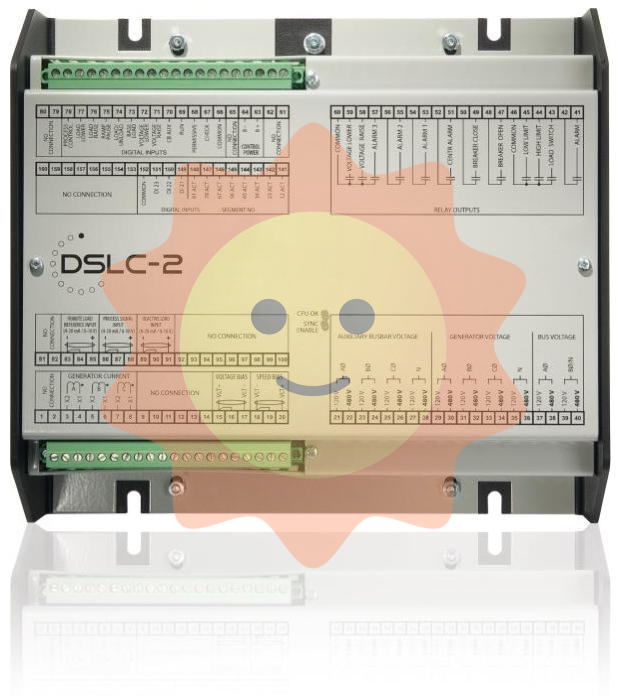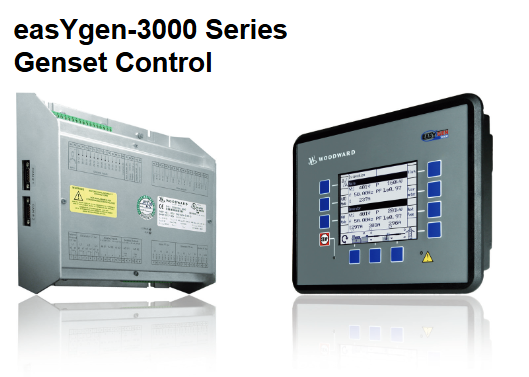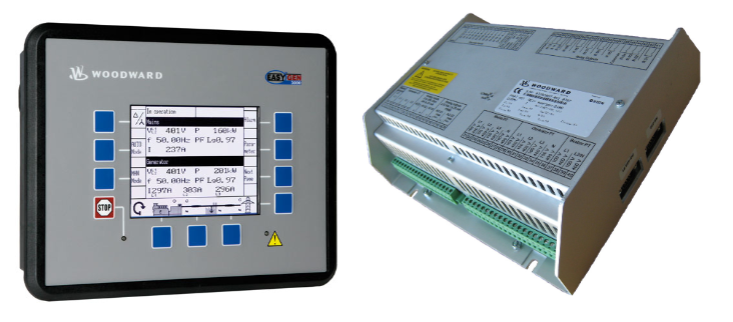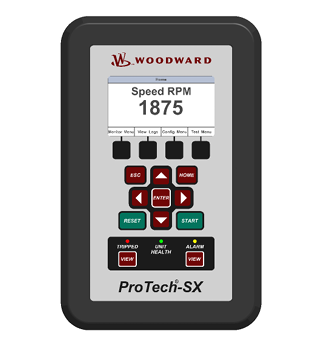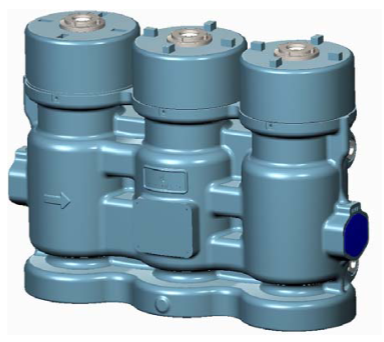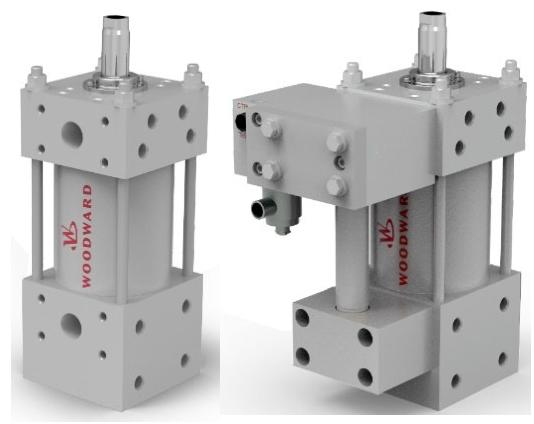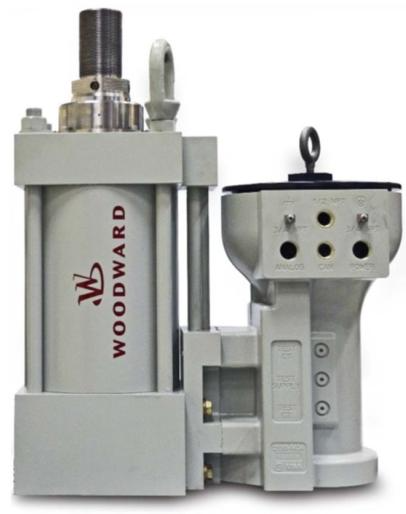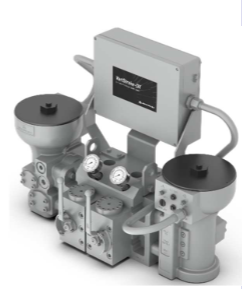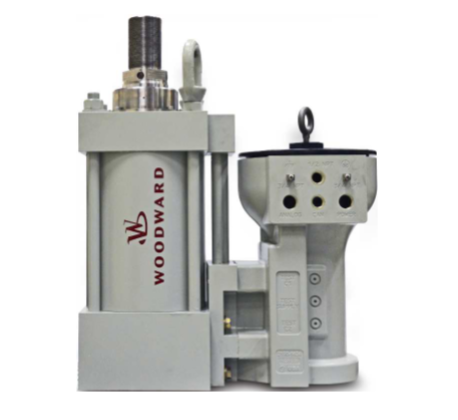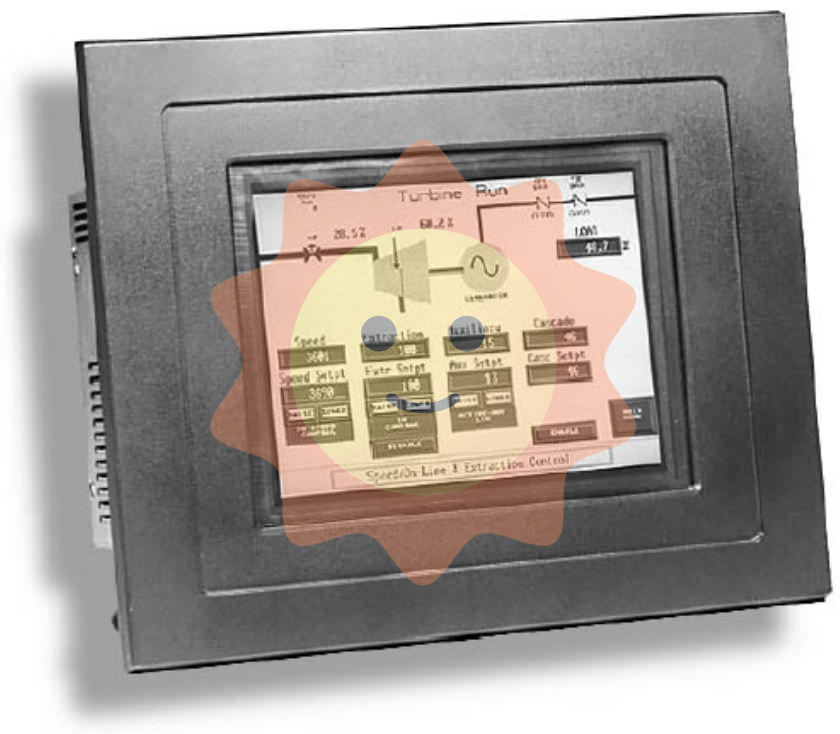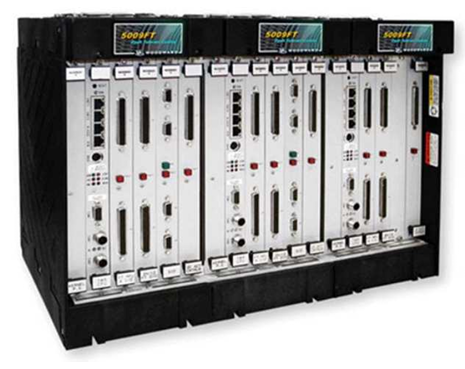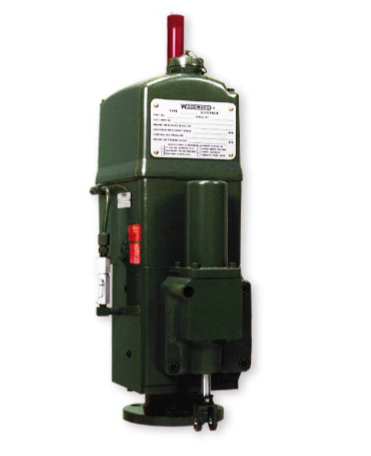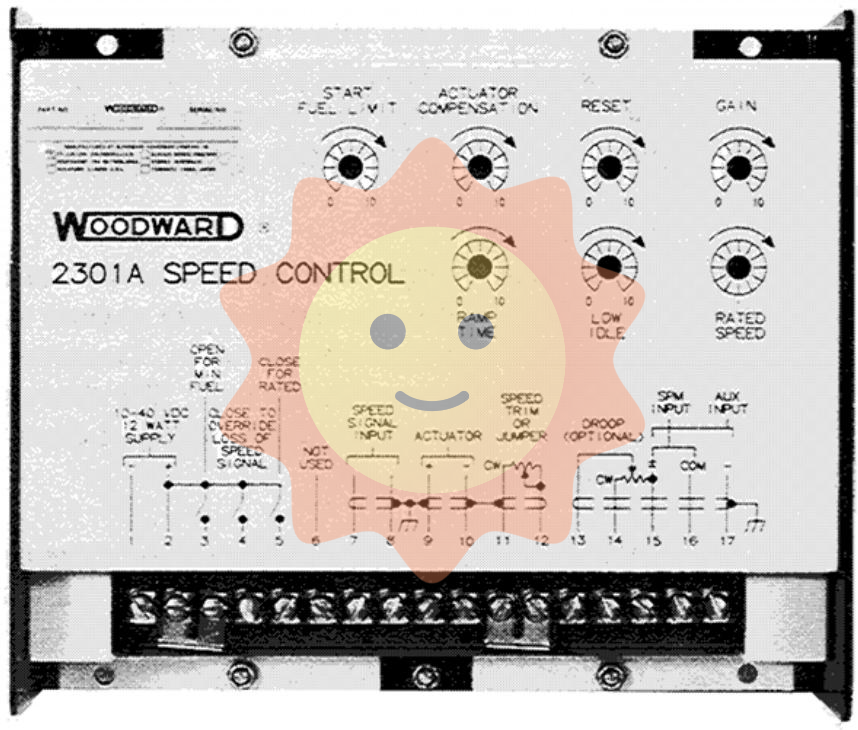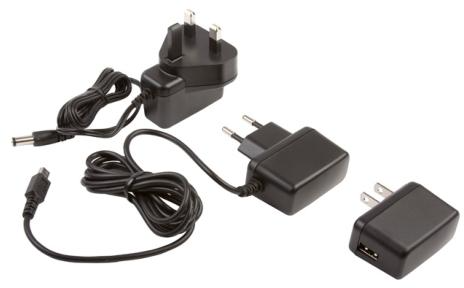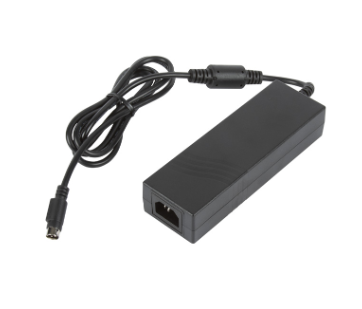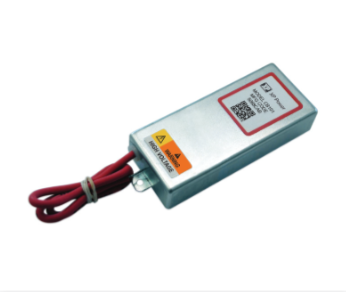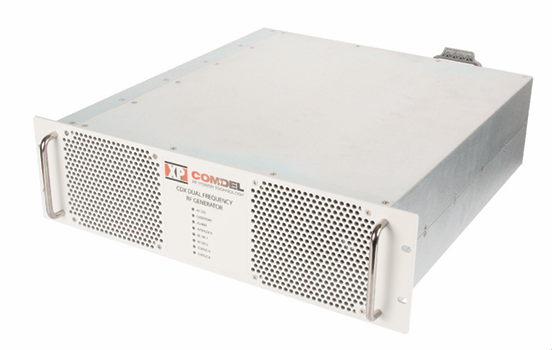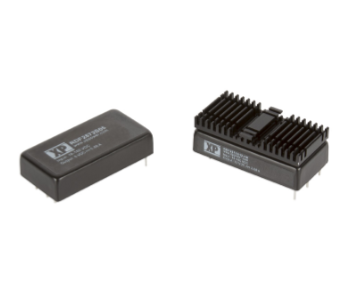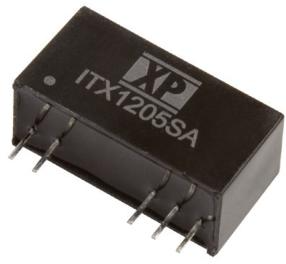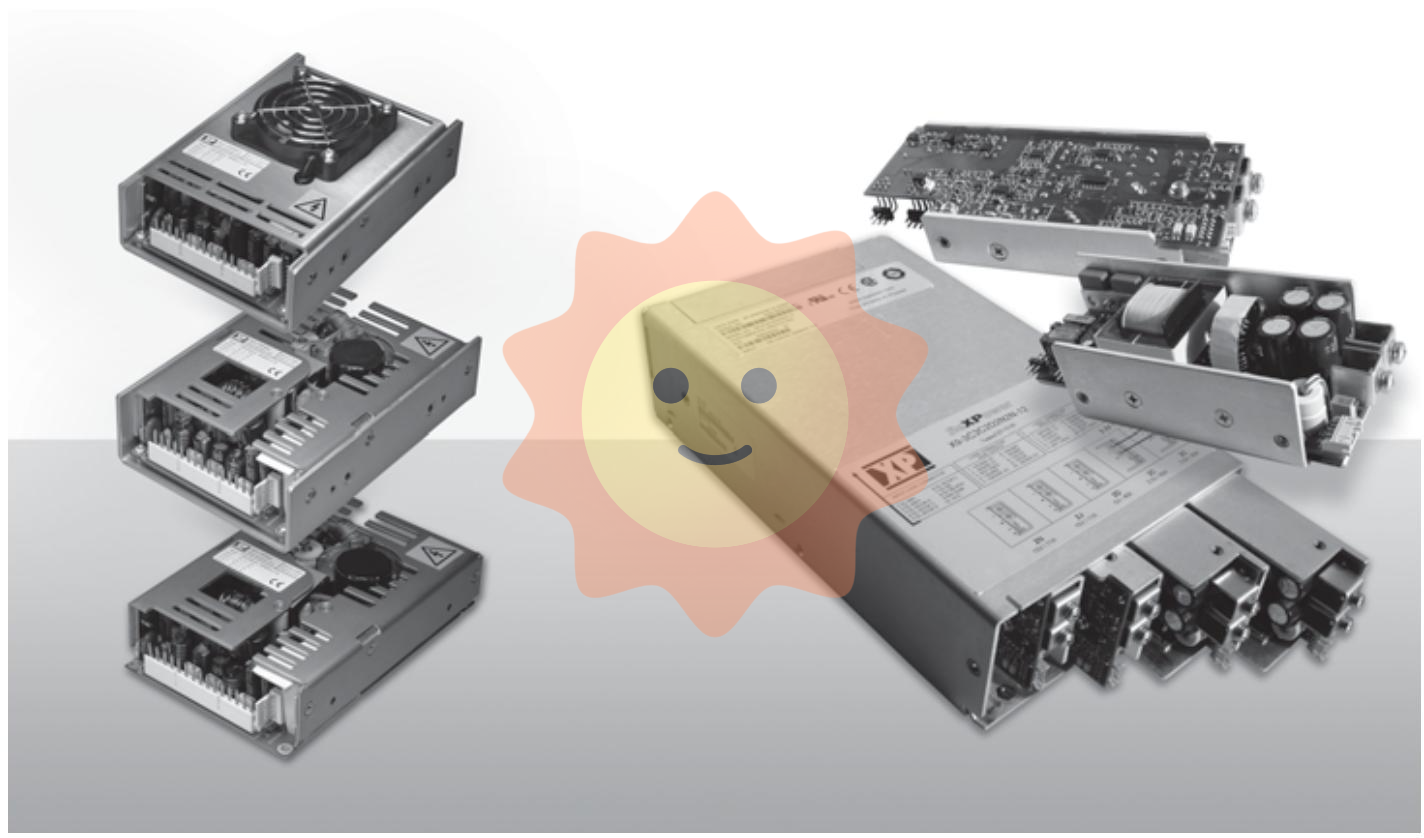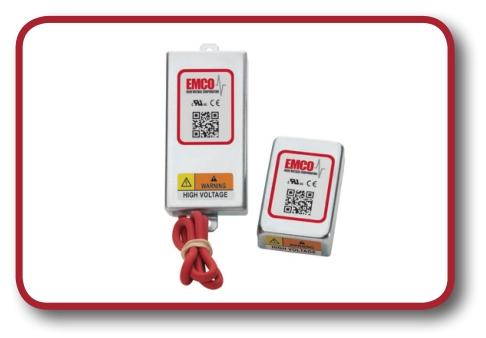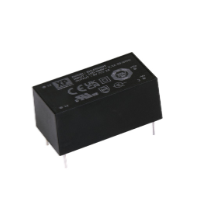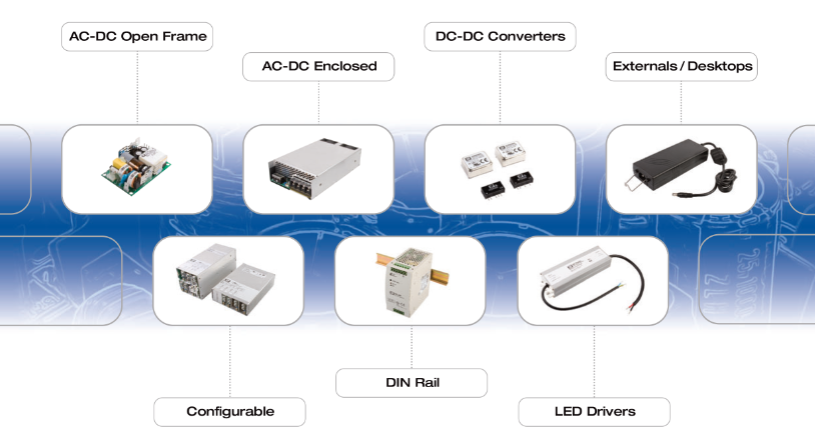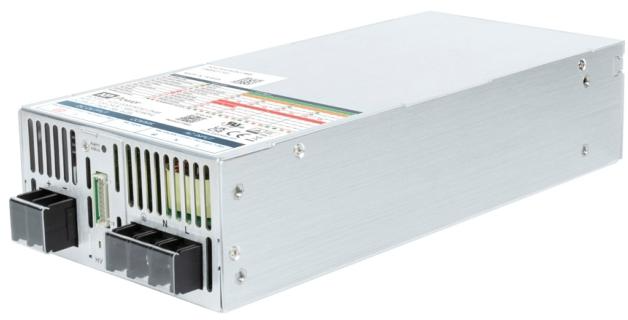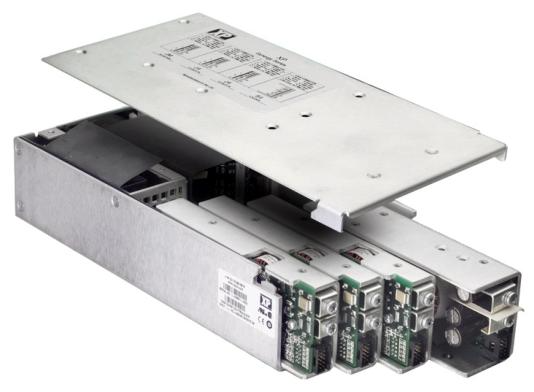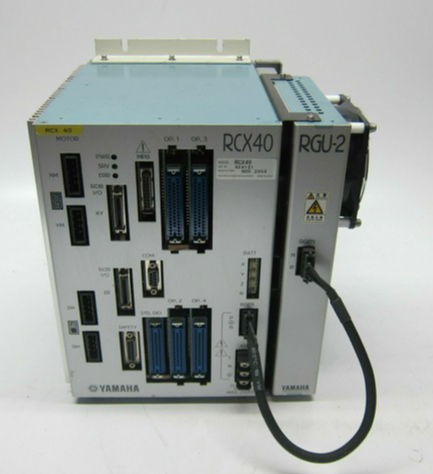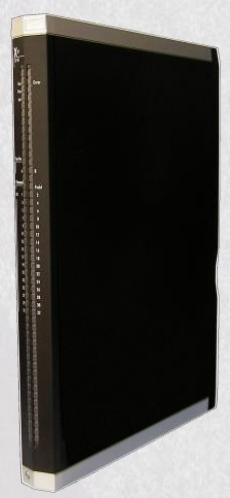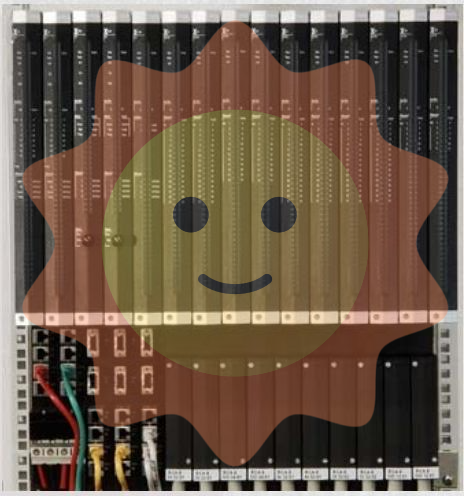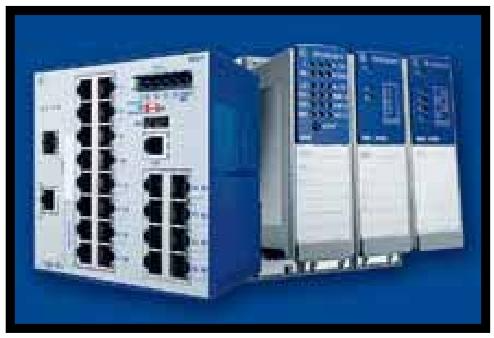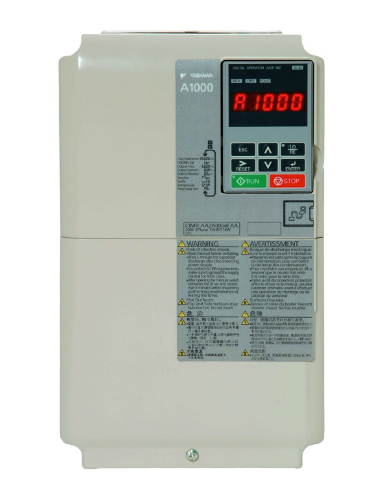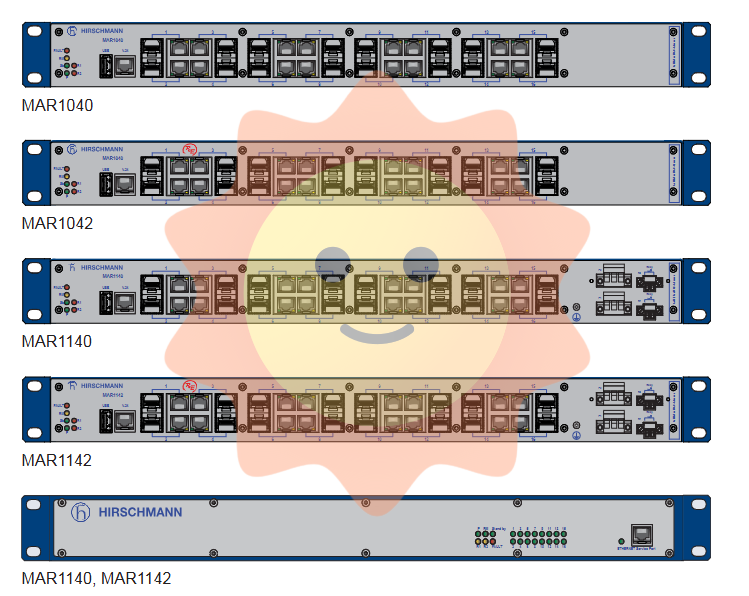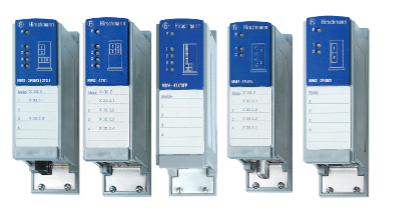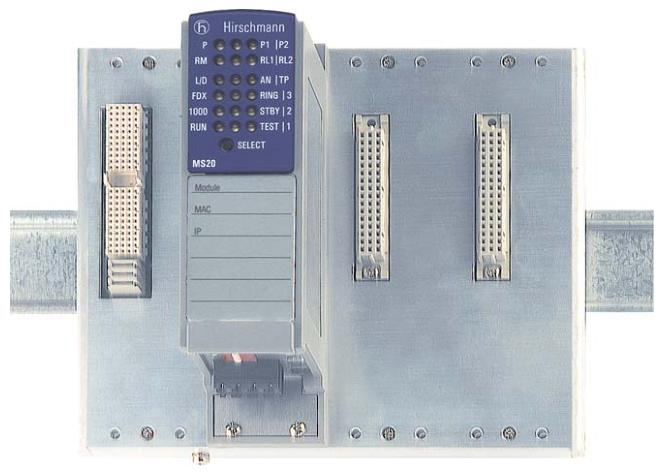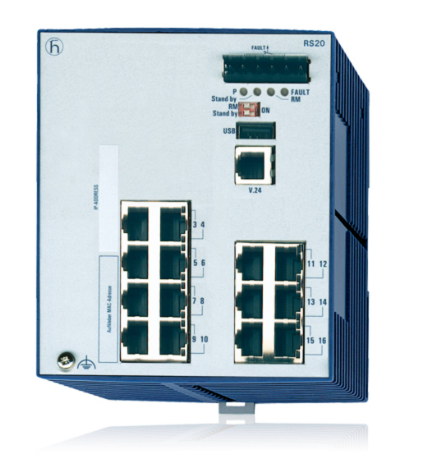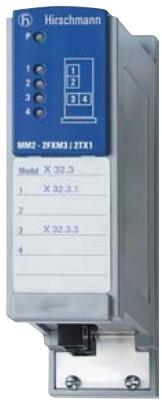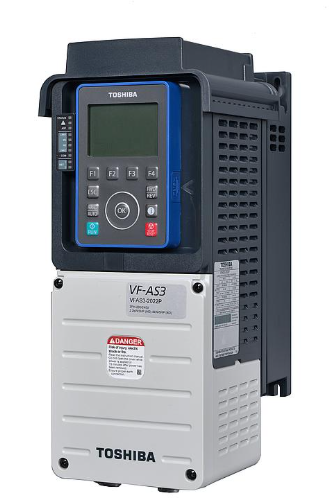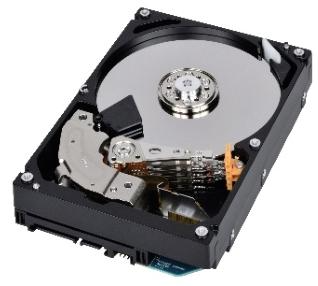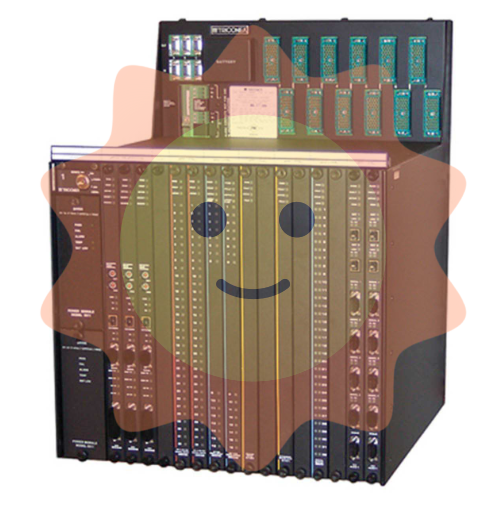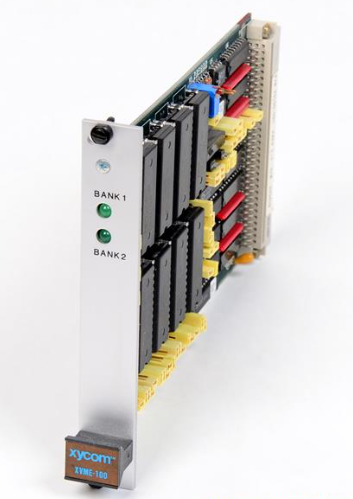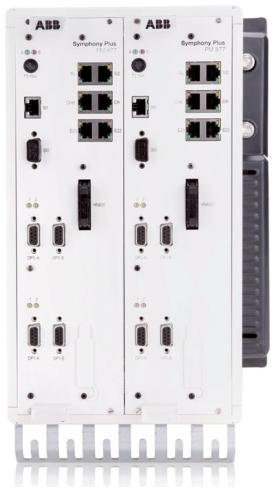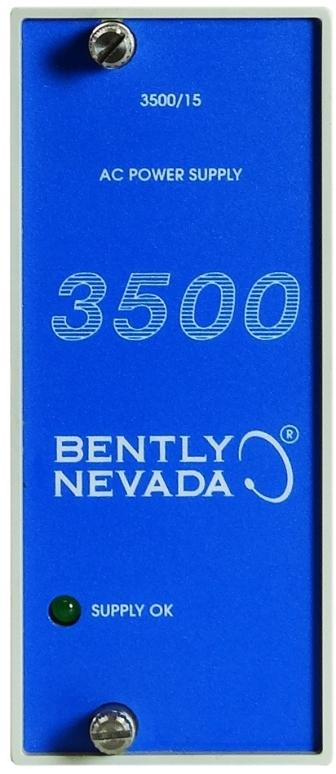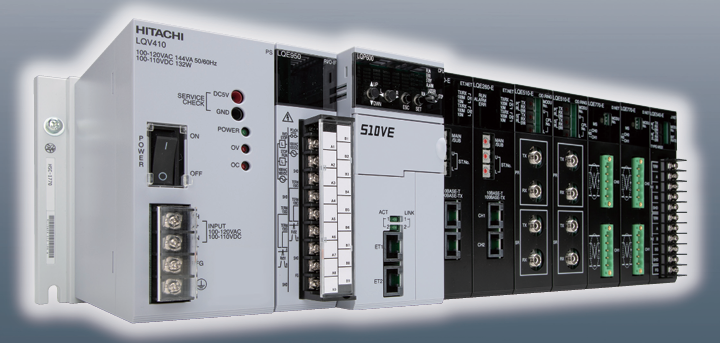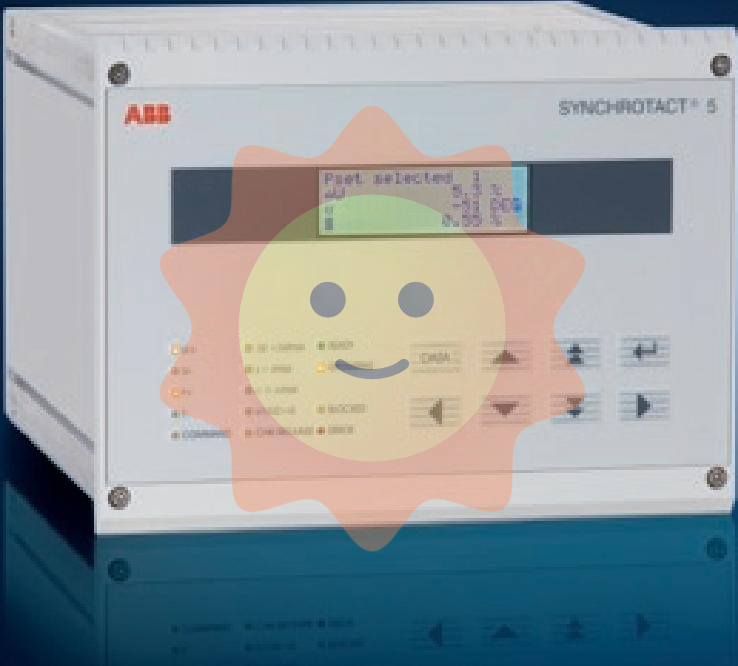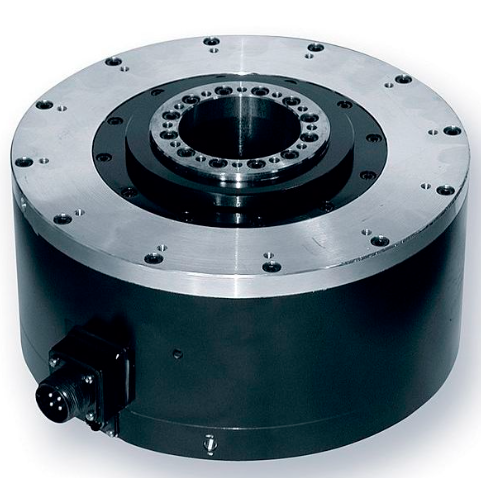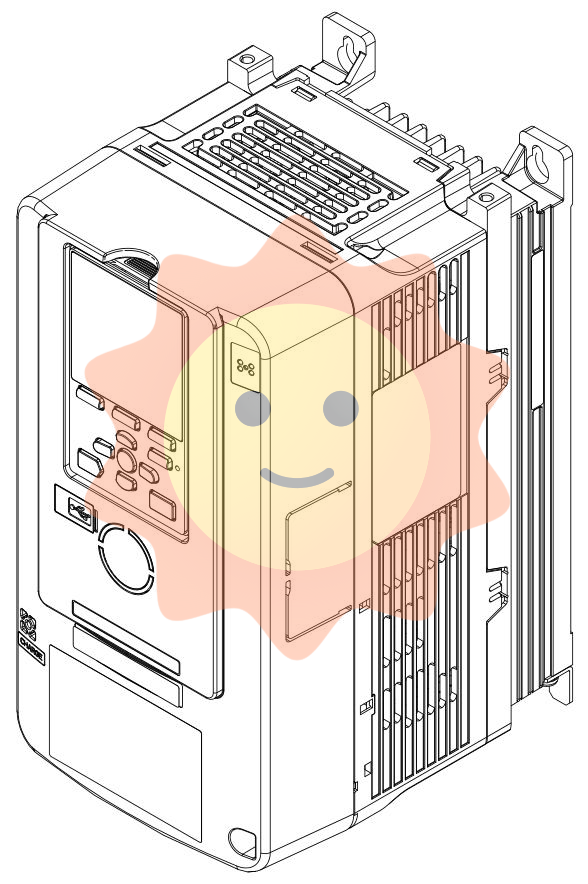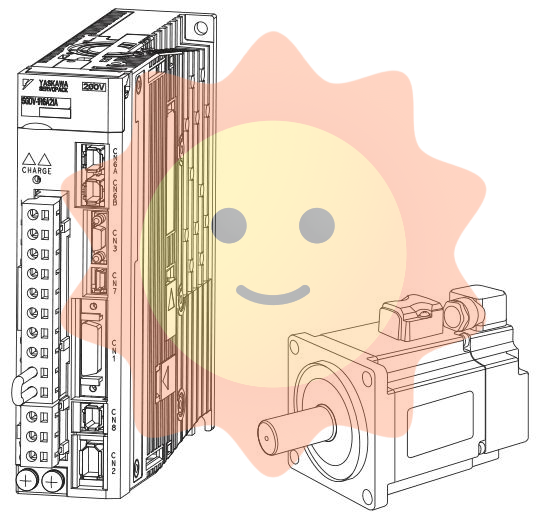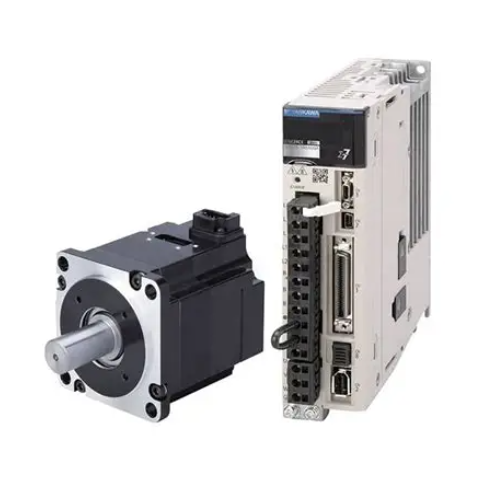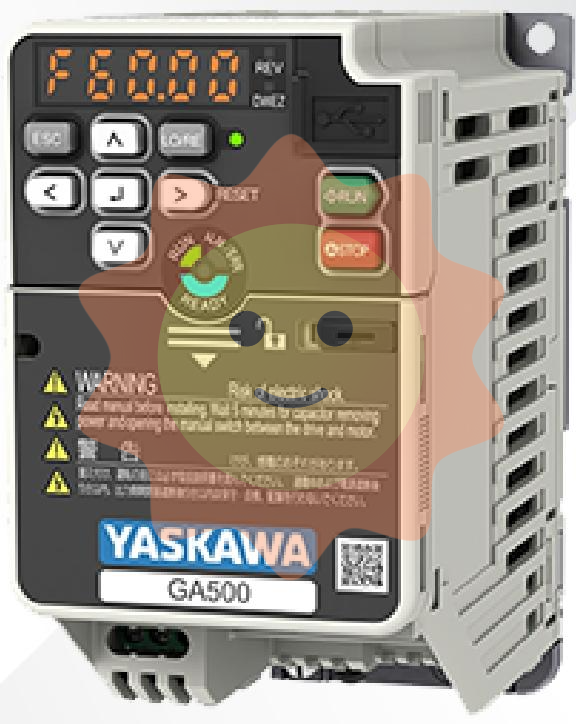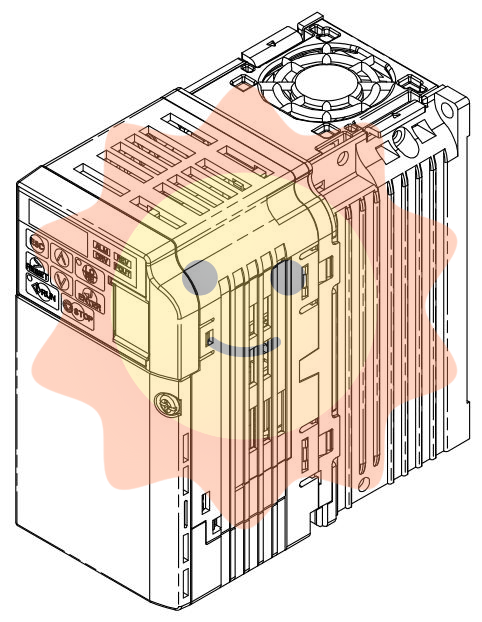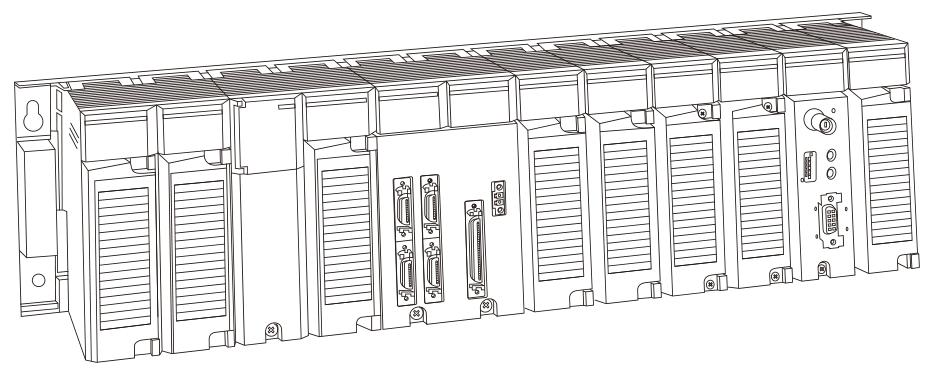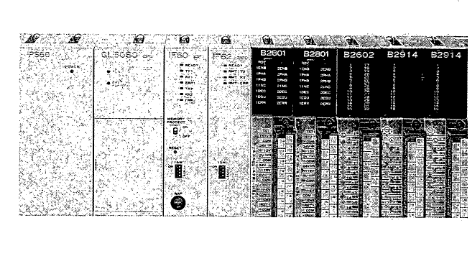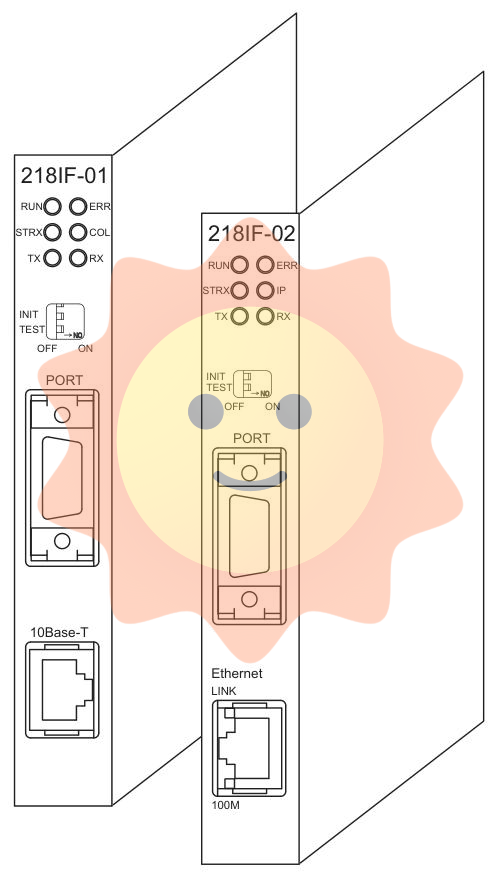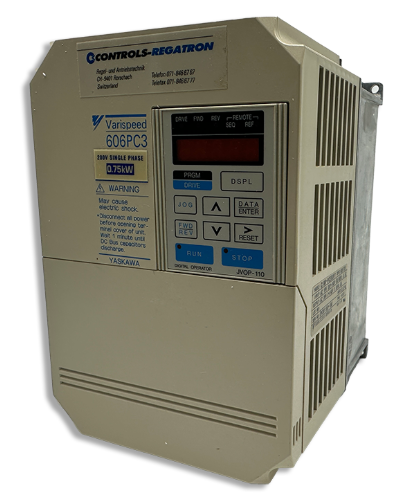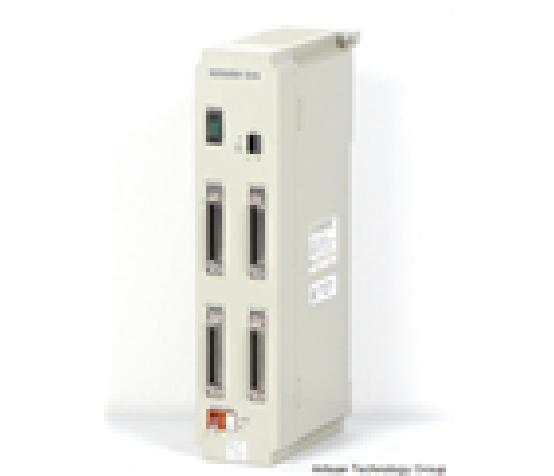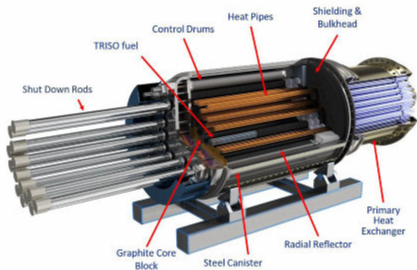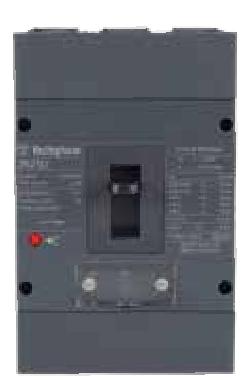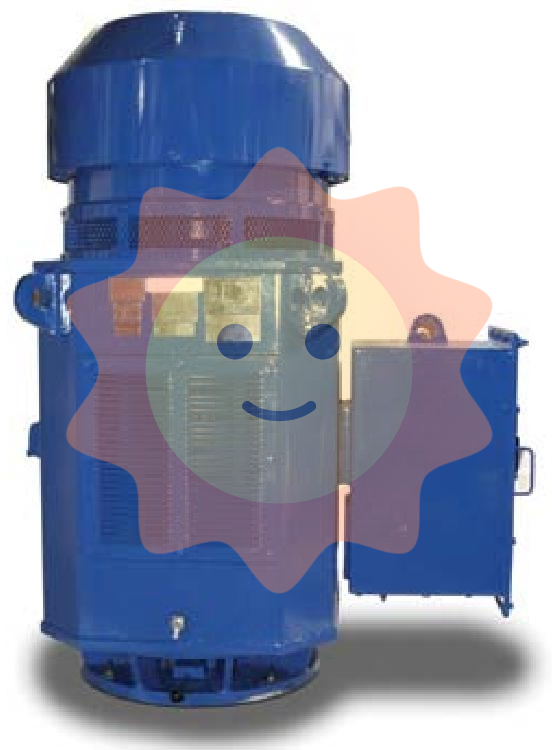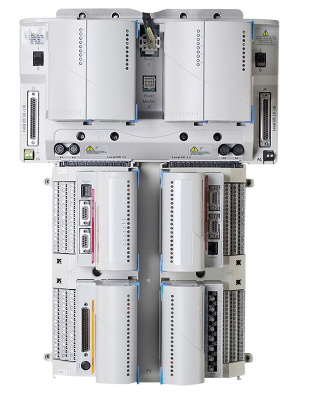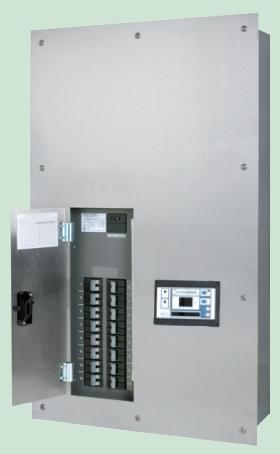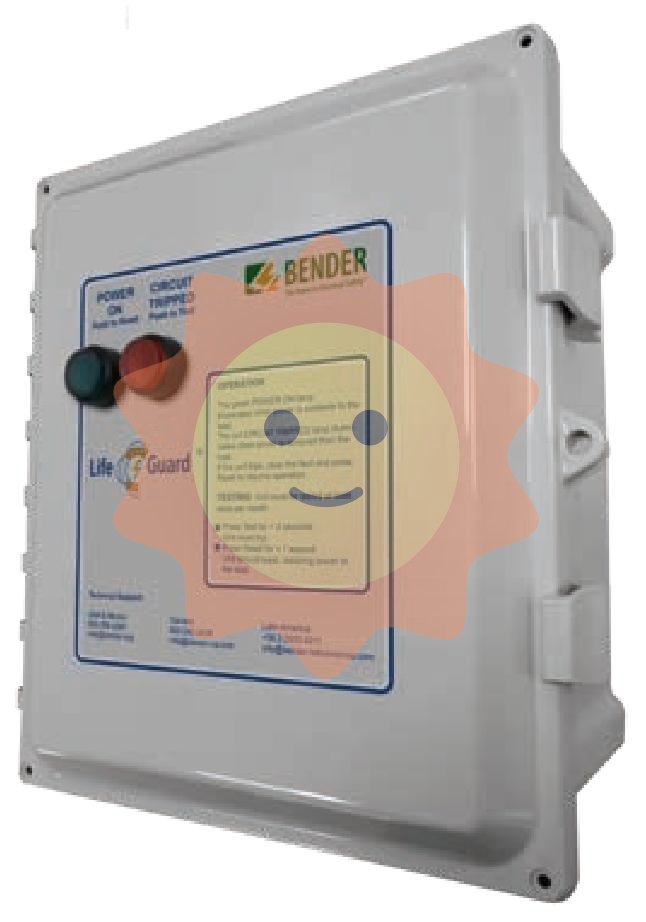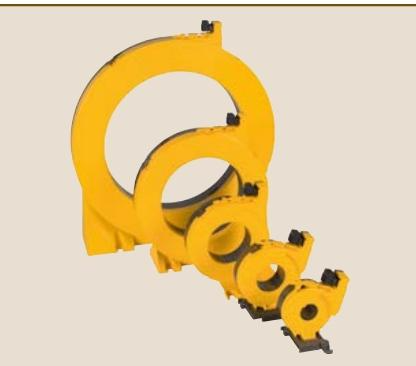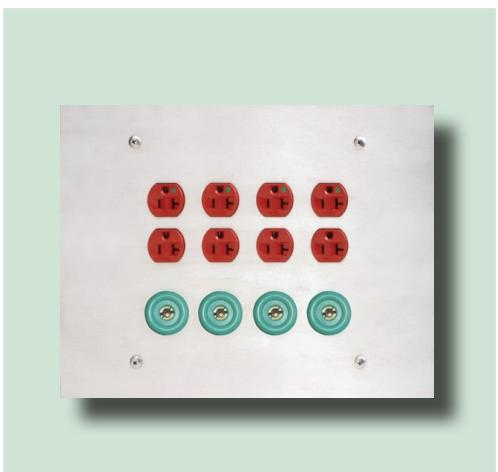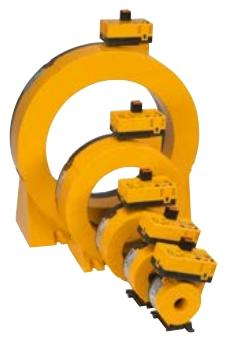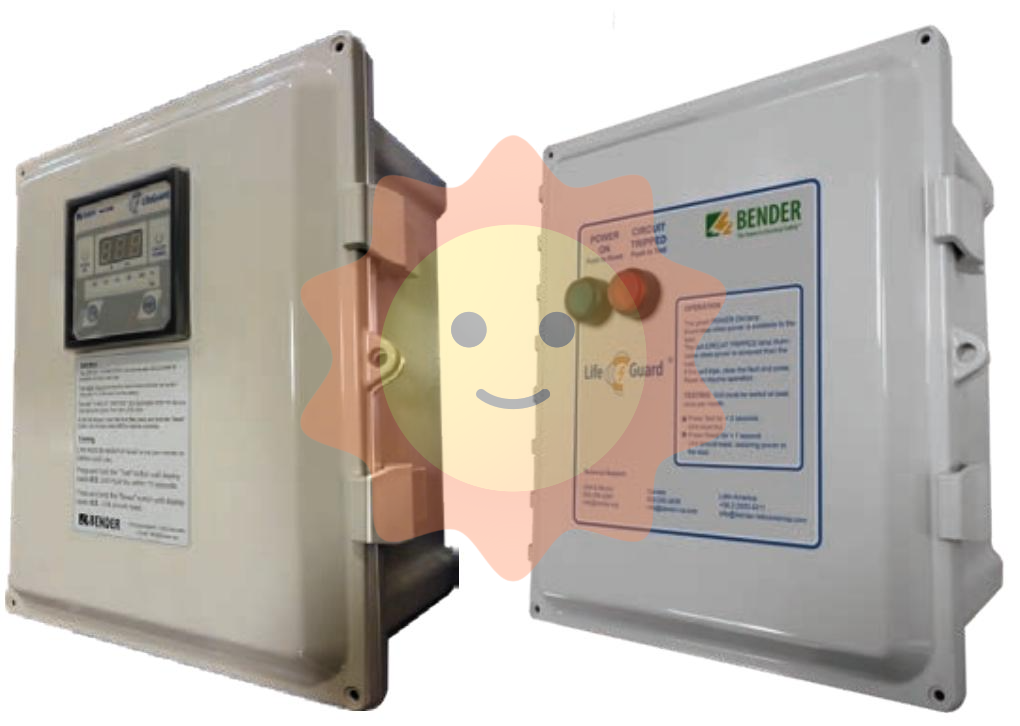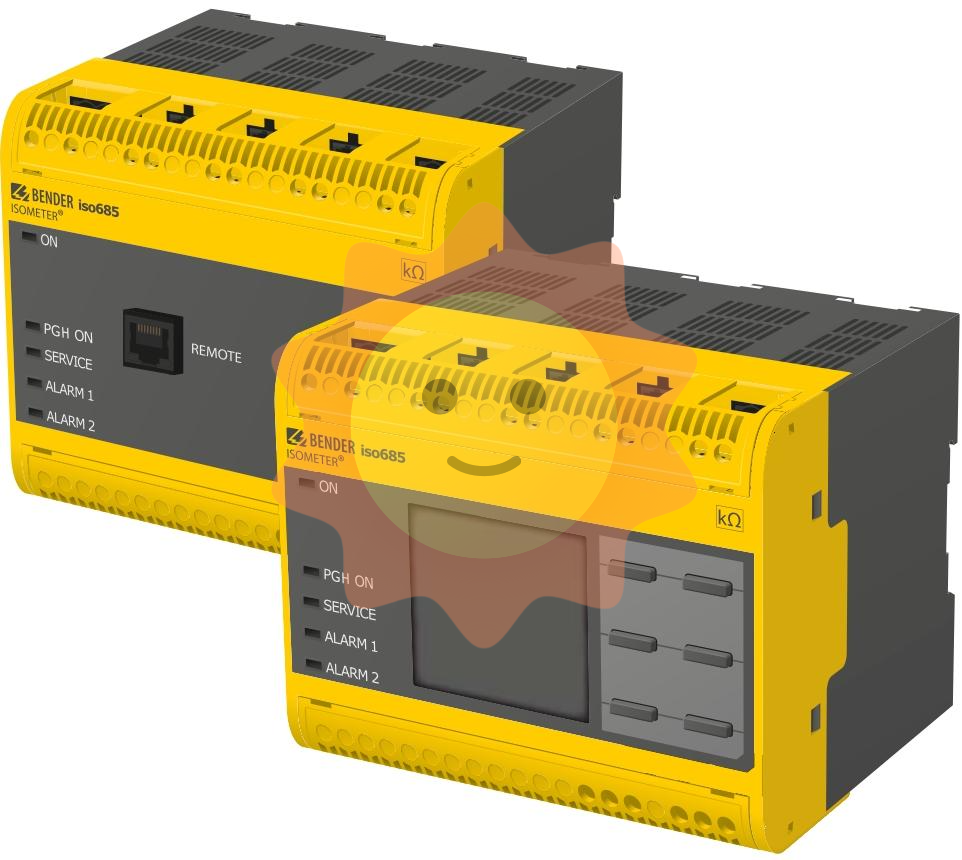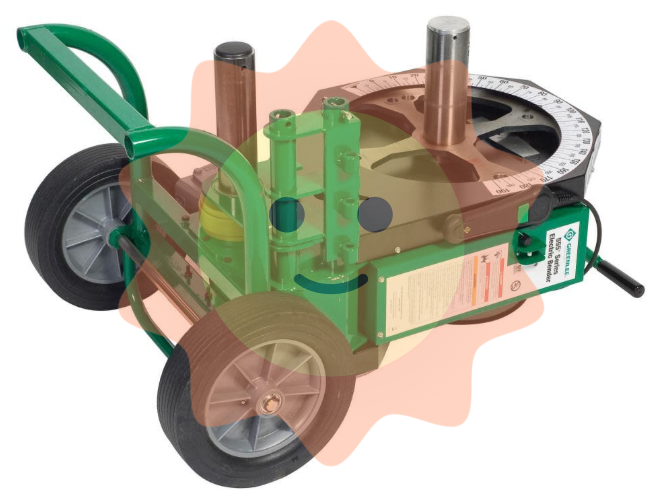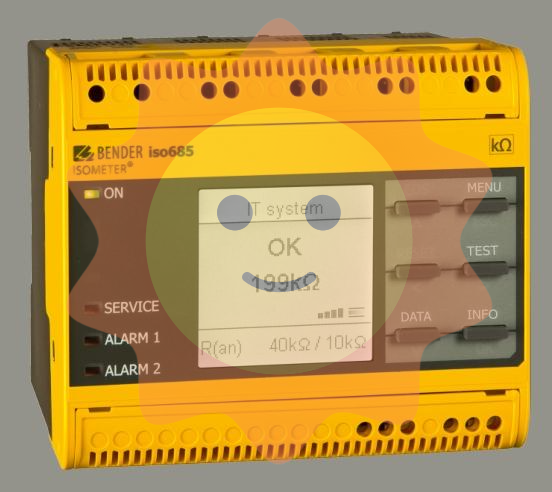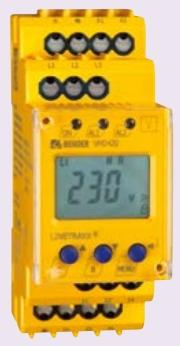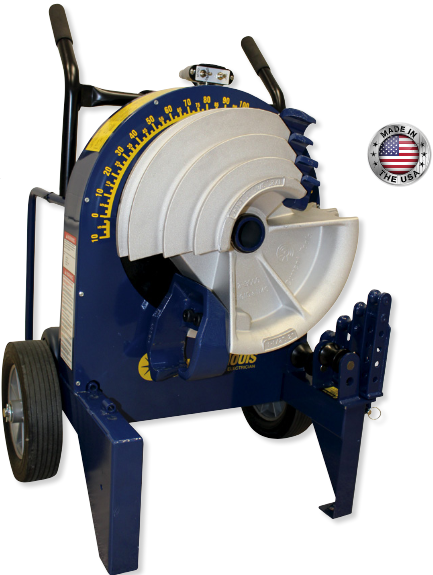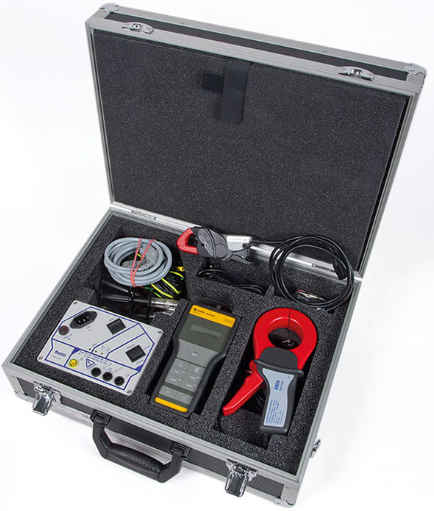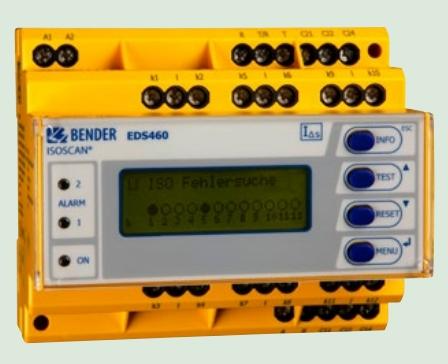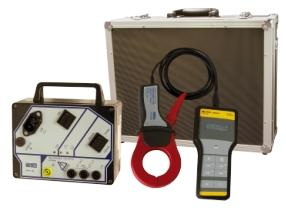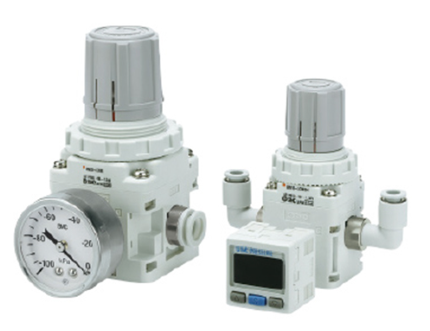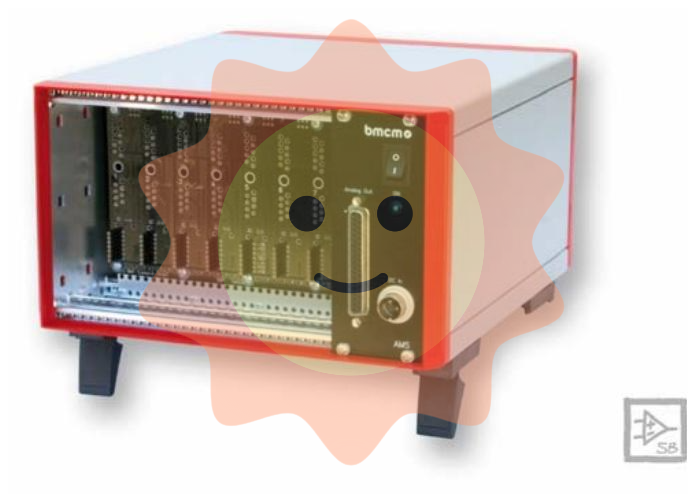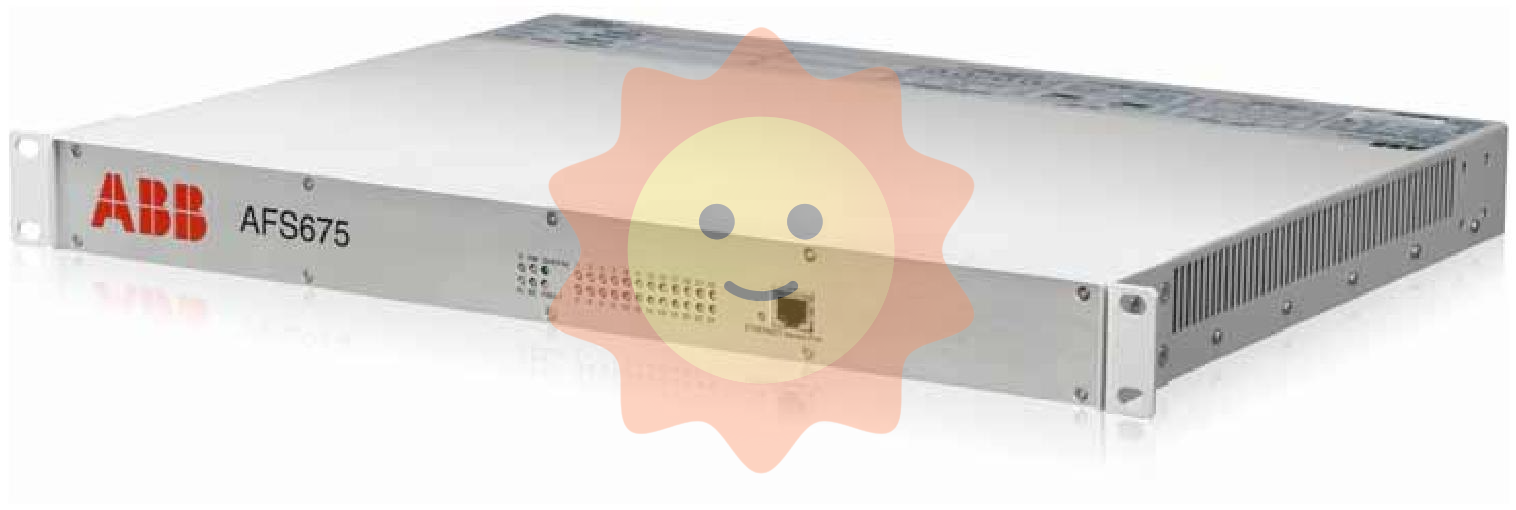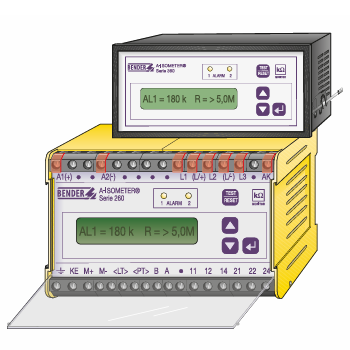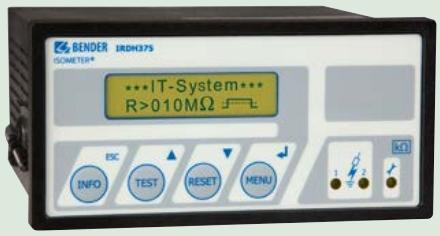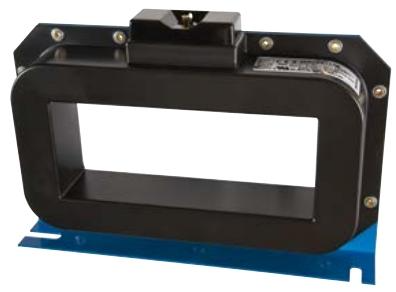The ABB UDC920BE01 3BHE034863R0001 high-voltage frequency converter is an AC-DC-AC voltage source type frequency converter designed specifically for medium and high voltage industrial motors. Its core positioning is "high efficiency, energy saving, stable and controllable, and wide adaptability". Its design concept is based on ABB's years of technological accumulation in the field of power electronics, with "reliability first" as the core, integrating modular structure, intelligent control algorithms, and comprehensive safety protection mechanisms. It aims to meet the high-precision requirements of motor speed regulation in industrial scenarios, while minimizing energy consumption and improving the stability and economy of the production process.
ABB UDC920BE01 3BHE034863R0001 High Voltage Inverter
Core positioning and design philosophy of the product
The ABB UDC920BE01 3BHE034863R0001 high-voltage frequency converter is an AC-DC-AC voltage source type frequency converter designed specifically for medium and high voltage industrial motors. Its core positioning is "high efficiency, energy saving, stable and controllable, and wide adaptability". Its design concept is based on ABB's years of technological accumulation in the field of power electronics, with "reliability first" as the core, integrating modular structure, intelligent control algorithms, and comprehensive safety protection mechanisms. It aims to meet the high-precision requirements of motor speed regulation in industrial scenarios, while minimizing energy consumption and improving the stability and economy of the production process.
Core technological advantages
1. Excellent energy-saving performance
This frequency converter adopts advanced vector control technology, which can accurately adjust the output frequency and voltage according to the actual needs of the motor load, avoiding the energy waste problem of traditional constant speed motors "pulling small cars with big horses". Under variable load conditions such as fans and pumps, energy-saving effects of over 30% can be achieved, especially for industrial equipment that operates continuously for a long time. In the short term, the equipment investment cost can be recovered through energy-saving benefits. At the same time, its efficient power module design reduces its own energy consumption, and the power factor can be increased to above 0.95, reducing reactive power loss and optimizing the quality of the power grid.
2. High reliability and stability
The equipment adopts a modular structure design, and key components such as power units and control units can be independently disassembled and replaced, greatly simplifying the maintenance process and shortening downtime. In terms of hardware selection, high-performance IGBT power devices independently developed by ABB are selected, which have the characteristics of high voltage resistance, impact resistance, and low loss, and can adapt to complex voltage fluctuations and electromagnetic interference environments in industrial sites. In addition, the frequency converter is equipped with comprehensive fault diagnosis and protection functions, including multiple protection mechanisms such as overvoltage, overcurrent, undervoltage, overload, short circuit, high temperature, and motor faults. It can monitor the operating status of the equipment in real time, respond quickly in abnormal situations, and ensure the safety of the frequency converter and motor.
3. Accurate control performance
Relying on ABB's advanced DTC (Direct Torque Control) technology, this frequency converter can achieve precise control of motor torque and speed, with a wide speed range (0.5-60Hz) and a speed accuracy of ± 0.1%, meeting the requirements of high-precision production processes. Both constant torque loads (such as conveyor belts and mixers) and variable torque loads (such as fans and water pumps) can provide stable control effects, effectively improving production efficiency and product quality. At the same time, the frequency converter supports multiple control mode switching, allowing for flexible selection of speed control, torque control, or power control modes based on actual working conditions, adapting to different production needs.
4. Good compatibility and scalability
The ABB UDC920BE01 3BHE034863R0001 high-voltage frequency converter has rich communication interfaces and supports mainstream industrial communication protocols such as PROFIBUS, MODBUS, and ETHERNET. It can easily be connected to factory automation control systems to achieve remote monitoring, data acquisition, and centralized management. In addition, the equipment supports linkage control of multiple frequency converters, which can meet the needs of multi motor coordinated operation in large-scale production lines. In terms of scalability, functional module interfaces are reserved, and feedback units, filtering units, etc. can be added according to user needs to further improve device performance.
Key technical parameters
The following are the core technical parameters of the frequency converter, providing reference for equipment selection and application:
model
UDC920BE01 3BHE034863R0001
input voltage
3kV/6kV/10kV (adapted according to configuration)
input frequency
50Hz/60Hz ±5%
output voltage
0-Input voltage (continuously adjustable)
output frequency
0.5-60Hz (expandable to 120Hz)
rated power
According to the specific configuration, it covers the mainstream power levels of medium and high voltage
Control method
DTC direct torque control, vector control, V/F control
cooling method
Forced air cooling/water cooling (selected according to power level)
Protection level
IP21/IP44 (optional, suitable for different on-site environments)
ambient temperature
-10 ℃~40 ℃ (customizable beyond the range)
Typical application scenarios
Based on its stable performance and wide adaptability, this high-voltage inverter has been maturely applied in multiple heavy industry fields, with typical scenarios including:
1. Power industry: used for speed control of auxiliary equipment such as boiler induced draft fans, supply fans, primary fans, and feed pumps, reducing power consumption of auxiliary equipment in power plants and improving unit operating efficiency;
2. Metallurgical industry: Suitable for equipment such as rolling mills, blast furnace fans, and converter oxygen lance lifting motors to achieve precise speed regulation and torque control, ensuring the stability of metallurgical processes;
3. Chemical industry: used for equipment such as centrifugal compressors, reciprocating compressors, material transfer pumps, etc., to adapt to the characteristics of large load fluctuations in chemical production and improve the safety and continuity of the production process;
4. Water treatment industry: applied to equipment such as sewage lift pumps, clean water pumps, aeration fans, etc., adjusting the speed according to changes in water volume to achieve energy-saving operation and precise water supply;
5. Cement industry: Adapt to cement kiln tail fans, raw material grinding fans, cement grinding motors, etc., reduce equipment operating energy consumption, and improve cement production efficiency.
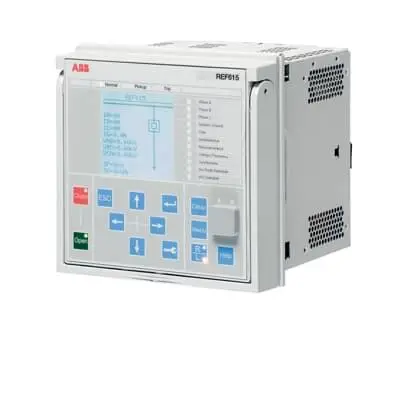
- User name Member Level Quantity Specification Purchase Date
- Satisfaction :
-











